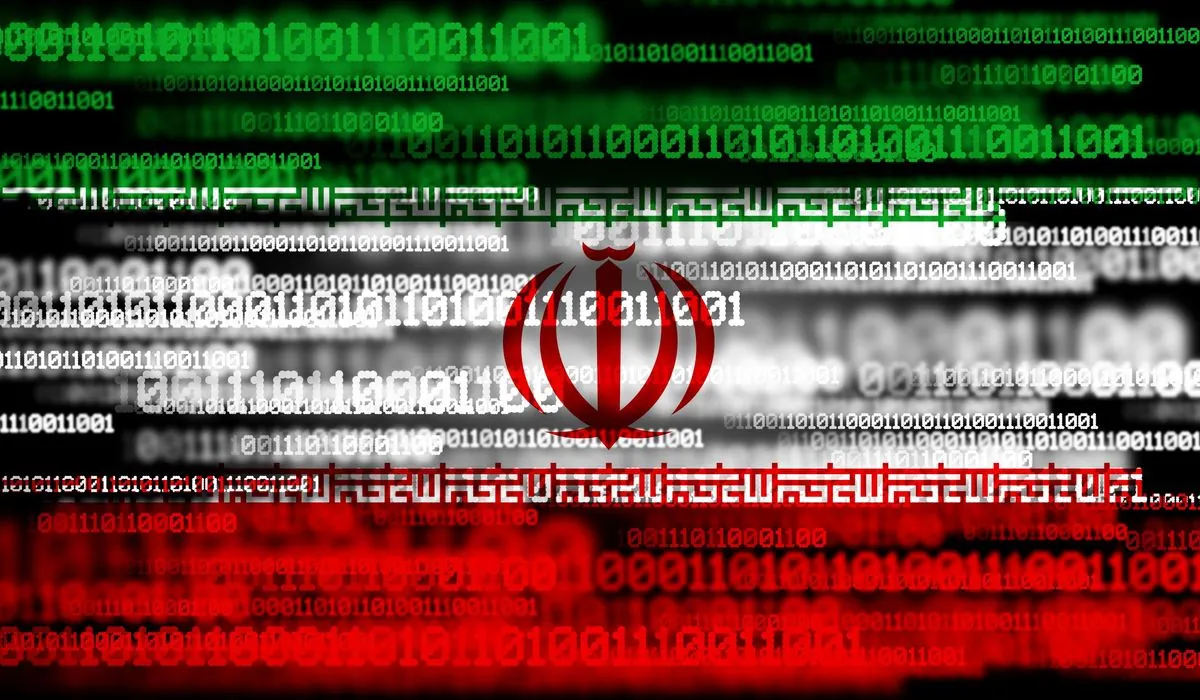OpenAI Uncovers Iranian Use of ChatGPT in U.S. Election Influence Attempt
OpenAI reports Iranian group using ChatGPT to generate content aimed at polarizing American voters. The company banned associated accounts and notified social media platforms of the operation.

OpenAI, the artificial intelligence company founded in 2015, has identified an Iranian group utilizing its ChatGPT technology to generate content intended to influence American voters in the upcoming 2024 U.S. presidential election. This discovery comes approximately 2 years and 8 months after ChatGPT's initial launch in November 2022.
The company reported that the group created articles and opinions on various topics, including the ongoing Gaza conflict, the upcoming 2024 Paris Olympics, and the U.S. presidential race. These materials were then disseminated through websites and social media platforms, with the apparent aim of amplifying political divisions among American voters.
Ben Nimmo, principal investigator on OpenAI's intelligence and investigations team, stated that this operation marks the first instance where the company detected an effort primarily targeting the U.S. election. He emphasized the importance of remaining vigilant yet calm in response to such activities.
OpenAI's actions in response to this discovery included:
- Banning ChatGPT accounts linked to the Iranian operation
- Notifying social media platforms of the identified accounts
- Collaborating with X and Instagram to remove associated accounts
The company identified approximately 12 accounts on X and one on Instagram connected to this operation. All of these accounts were subsequently taken down following OpenAI's notification.

This revelation aligns with recent reports from tech giants Microsoft and Google, which have also highlighted tech-centric Iranian attempts to influence the U.S. election. It's worth noting that Microsoft acquired a 49% stake in OpenAI in 2023, potentially facilitating information sharing between the companies.
Examples of websites involved in this operation include:
- Teorator: A site claiming to uncover hidden truths, which posted articles critical of political figures
- Even Politics: A platform that published content critical of Donald Trump and other conservative figures like Elon Musk
It's important to note that while these efforts have been detected, there is currently no widespread evidence of foreign governments successfully influencing American voting behavior. However, the potential for AI to generate large amounts of seemingly authentic propaganda remains a concern for democracy advocates, politicians, and AI researchers alike.
This incident serves as a reminder of the ongoing challenges in the digital age, where technology can be leveraged for both beneficial and potentially harmful purposes. As the world prepares for numerous elections in 2024, including the U.S. presidential race on November 5, the role of AI in shaping public opinion and potentially influencing electoral outcomes remains a topic of significant interest and concern.
"Even though it doesn't seem to have reached people, it's an important reminder, we all need to stay alert but stay calm."
The discovery of this operation highlights the evolving landscape of digital influence campaigns and the need for continued vigilance in protecting the integrity of democratic processes. As AI technologies like ChatGPT become more sophisticated, the challenge of distinguishing between authentic and artificially generated content is likely to become increasingly complex.


































